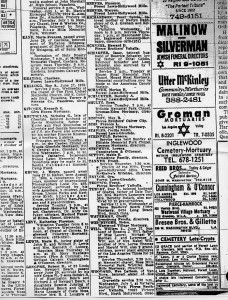When my latest book, Mastodon For Dummies, was released, several people on social media commented that it was “probably written by AI.” These comments infuriated me much more than a bad review ever has. Bad reviews often contain information that can help me to do better next time, and I’ve been lucky (or good enough) that the number of truly bad reviews I’ve gotten on my writing is fairly small. If people start to assume that any book on a currently hot topic was written by AI, it might be time for me to hang up my keyboard.
None of the people who commented that the book was “probably AI” even looked at the book. If they had, they would have found that it contains humor, subtlety, good writing, and sensitivity to emotions and frustrations that human learners frequently have. AI isn’t capable of authentically reproducing any of these characteristics of a good “For Dummies” book.
Suggesting that a book I wrote (or co-wrote in this case) wasn’t written by humans discounts the hundreds of hours of difficult and creative work that’s informed by over 20 years of experience (for each of the authors in the case of this book) and the meticulous and exhausting editing process the book receives after the first draft of the manuscript is finished.
Most book authors don’t make a living from it. We have day jobs, and writing a book is often at least 40 more hours of work per week on top of a 40 hour work week at a job we wish we didn’t have to do. I’ve calculated that my average book has earned me less than $10 per hour — and I’m a somewhat successful author.
As a response to anyone who would question whether my books are written by me, I’ve decided to live stream the entire process of writing my next book. In each exciting episode of “Watch Chris Write a Book” (working title), you’ll get to see me at my desk from 2am to 7am (at least) every day for 6 months. In each gripping episode, you’ll get to see a real person doing some or all of the following things: typing, researching, planning, outlining, coding, and drinking a lot of coffee.
I don’t have another book project lined up at this point, because I need to make some money for a couple months to get ready. But, I have a couple proposals out and I’ll post an update here and on Mastodon with the link where you can watch me when I do have a new project. Unless some better solution comes along, I expect that live-streamed book writing may even become the norm for any (human) author.
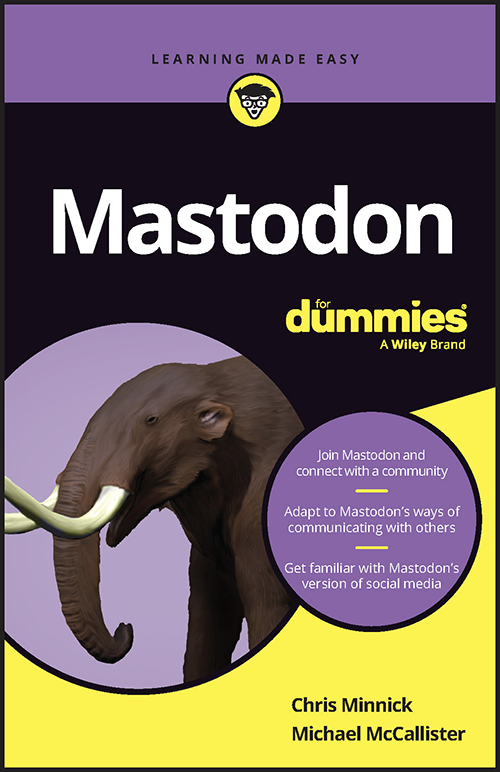
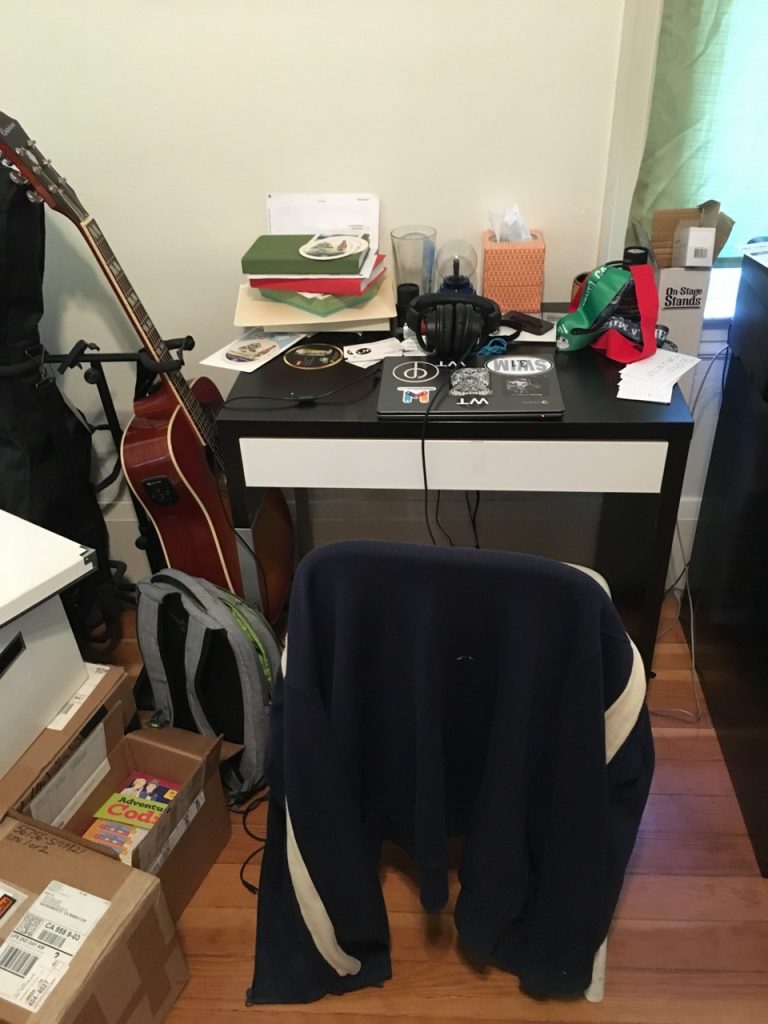

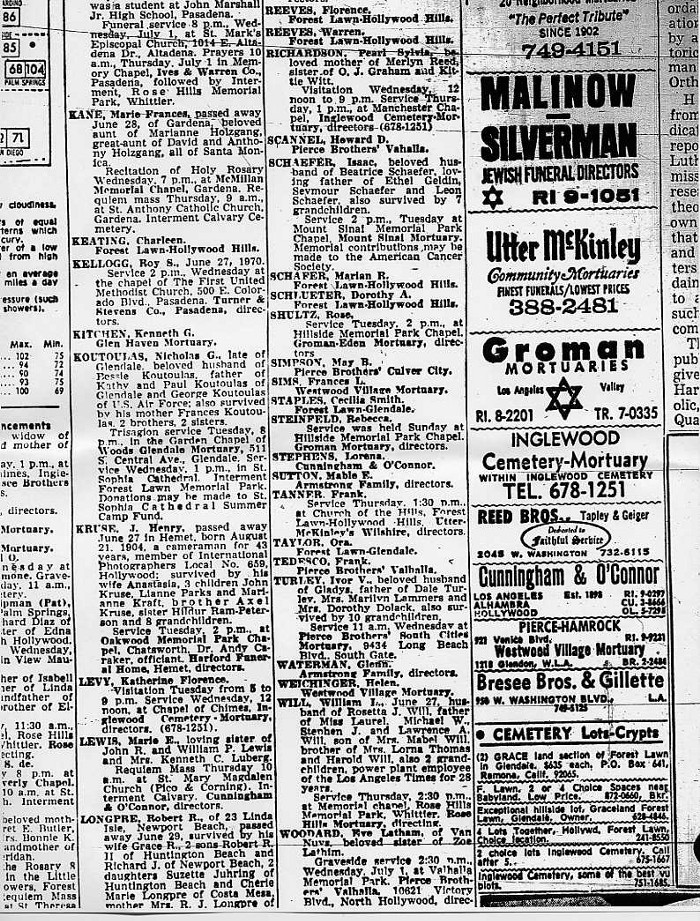
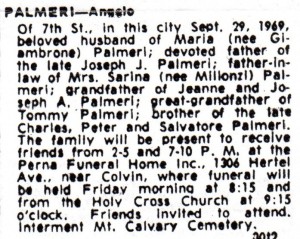 I’ve been a professional writer for 22 years. The first time my writing was published was in 1993, when I was the circulation manager for a small weekly newspaper in Detroit. The full-time reporters considered the job of writing death notices to be beneath them, and shoved it off onto me.
I’ve been a professional writer for 22 years. The first time my writing was published was in 1993, when I was the circulation manager for a small weekly newspaper in Detroit. The full-time reporters considered the job of writing death notices to be beneath them, and shoved it off onto me.